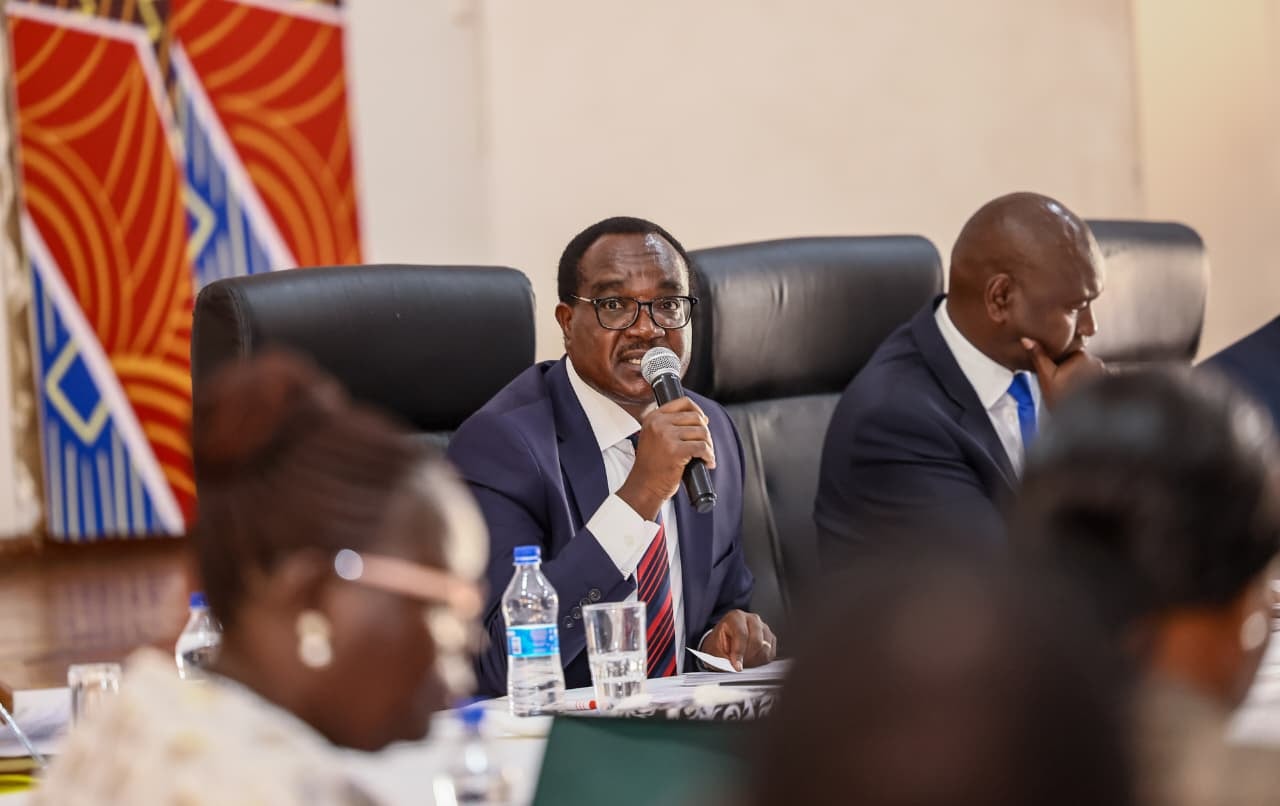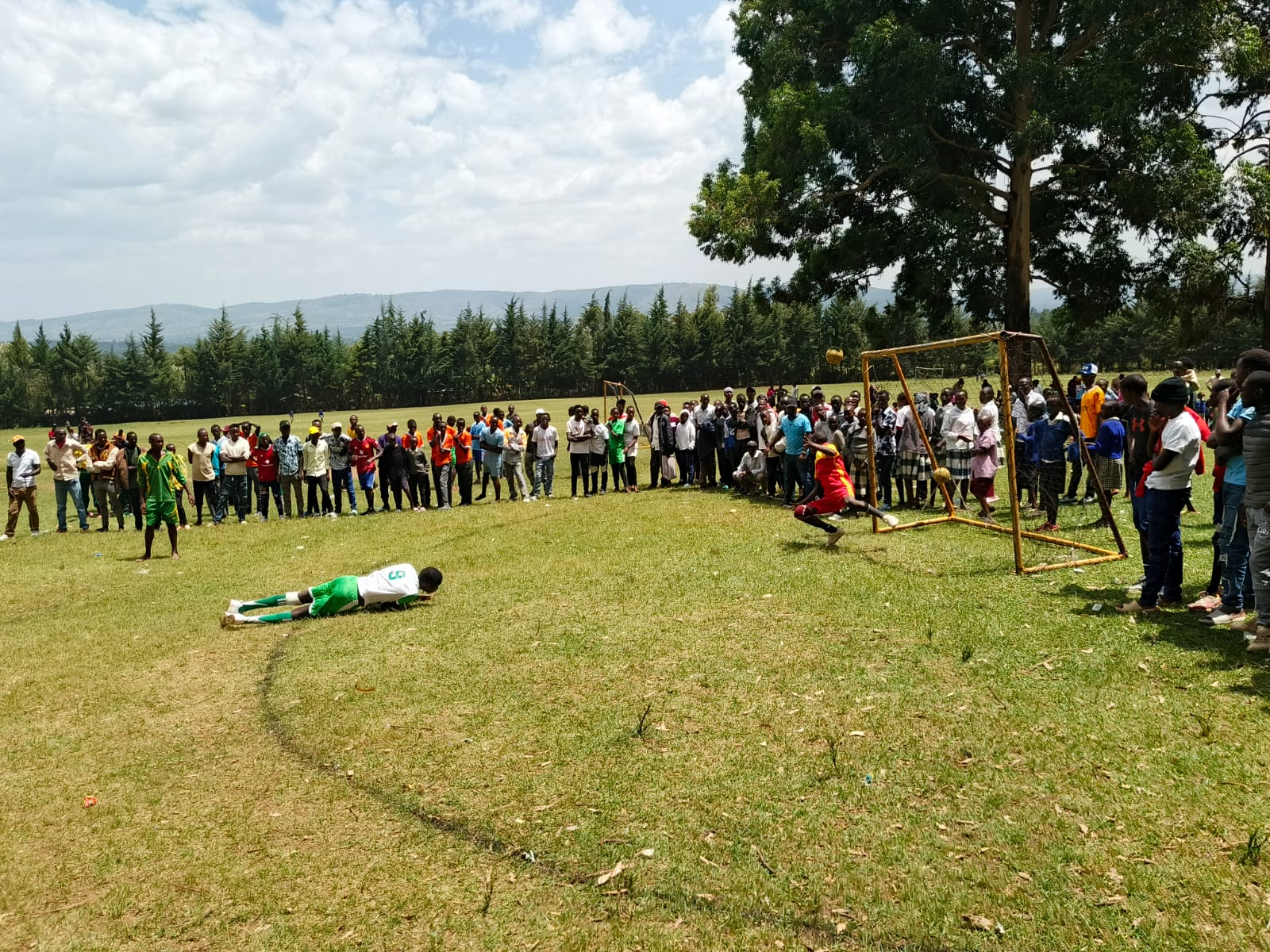Test scores measure only a narrow slice of human potential. They cannot capture creativity, emotional intelligence, moral reasoning, imagination, or grit. A learner may struggle with exams but shine in innovation, leadership, or empathy—skills that are vital for a flourishing society. When we judge children too early and too narrowly, we risk silencing the very gifts they were born to give. Across the world and throughout history, some of the most exceptional minds were misunderstood or mislabeled in school settings. Their stories challenge our assumptions about intelligence and success, and they offer profound lessons for teachers in Kenya and beyond.
Albert Einstein, widely regarded as one of the greatest scientific minds in history, was slow to speak as a child. His teachers believed he was mentally challenged and unfit for academic pursuit. He was ridiculed for asking too many questions, and he struggled in the rigid structures of formal education. Yet Einstein would later revolutionize our understanding of the universe with his theory of relativity. His difficulty with conventional learning wasn’t a failure of his intellect—it was a mismatch between his mind and the system meant to educate him.
Steve Jobs, co-founder of Apple Inc., was a disruptive student who found school boring and meaningless. He was labeled troublesome and unfocused. He dropped out of college after one semester, but not before attending calligraphy classes that would later inspire the elegant design of Apple products. Jobs’ ability to think differently—to combine technology with art, functionality with aesthetics—transformed the digital world. But his genius wasn’t revealed in a test. It was expressed in curiosity, risk-taking, and passion, qualities that most academic assessments fail to capture.
ALSO READ:
Magarini Education director lauds school for strategic plans launch, calls for inclusive efforts
Gillian Lynne, the acclaimed choreographer of Cats and Phantom of the Opera, was once thought to have a learning disability. As a child, she was fidgety and inattentive in class. A doctor who was about to diagnose her as sick instead asked her mother to observe Gillian alone in a room. When music played, Gillian began to dance. “Your daughter isn’t sick,” the doctor said. “She’s a dancer.” That single act of understanding transformed her life. Had she been medicated or punished for her restlessness, the world might have missed out on one of its most talented artists.
These stories are not rare exceptions; they reveal systemic blind spots. Formal education often defines intelligence narrowly—as the ability to recall information, follow instructions, and perform under pressure. This model works for some, but not for all. In Kenya, children in rural or low-income communities are often doubly disadvantaged. Not only do they lack resources, but they are also assessed using the same standardized tests designed for urban, well-resourced learners. A child who fails KCPE or KCSE may be deemed a failure, regardless of their talents, resilience, or leadership potential.
Test-driven education reinforces inequality. It favors memorization over mastery, performance over purpose, and speed over depth. Worse still, it crushes the self-esteem of learners who do not fit the mold. Kenyan classrooms have seen bright thinkers silenced, creative spirits dampened, and sensitive souls labeled weak—all because they did not conform to narrow metrics of success. We forget that children bloom at different times. A flower does not fail because it blooms in June while another blooms in October.
In the Competency-Based Curriculum (CBC), Kenya has an opportunity to shift away from test worship. CBC emphasizes holistic development, nurturing skills such as collaboration, communication, critical thinking, and creativity. But for this vision to take root, teachers must lead the change. They must recognize that every child carries a unique set of strengths that no exam can fully measure. They must resist the temptation to rank, compare, and sort students too early. They must look beyond the score to see the story.
ALSO READ:
PSC announces recruitment of interns for government ministries, agencies and universities
When a learner performs poorly, the right question isn’t “What’s wrong with them?” but “What don’t we understand yet?” Maybe the child is gifted in design but struggles with grammar. Maybe they’re a natural leader but lack confidence in math. Maybe they’re overwhelmed at home, hungry, or grieving. Test scores do not tell us these things. Only compassionate, observant teachers can.
The best teachers in the world are those who refuse to define their students by their worst moments. They ask what lights a child up. They notice when a quiet learner offers a brilliant insight, when a playful one shows empathy, when a shy one defends a friend. They create space for learners to grow in more than just grades. They honor multiple forms of intelligence: musical, spatial, interpersonal, bodily, linguistic, and mathematical. They believe that education must awaken possibility, not enforce uniformity.
In a rapidly changing world, we need learners who can adapt, create, and collaborate. We need young people who can question assumptions, navigate ambiguity, and think ethically. These qualities are not built by drilling past papers. They are cultivated through relationships, exposure, play, failure, and reflection. A teacher who notices a child’s quiet passion for drawing or public speaking and encourages it may unlock a future leader. But that discovery won’t come from a mark sheet.
Kenyan educators must lead the way in reshaping the narrative around ability. Parents, too, must be educated to understand that test scores are not life sentences. Employers must begin to value portfolios, projects, and people over papers. Policymakers must support diverse paths to success, including vocational, artistic, and entrepreneurial journeys. Every child must be seen not just as a candidate, but as a creator, a citizen, a contributor.
When we overvalue test scores, we undervalue children. But when we teach with faith in each learner’s unique potential, we do more than educate—we liberate. The classroom becomes not a sorting ground, but a sanctuary for discovery. Kenya’s greatest resource is not buried in exams; it’s living in the hearts and minds of children waiting to be understood.
By Ashford Kimani
You can also follow our social media pages on Twitter: Education News KE and Facebook: Education News Newspaper for timely updates.
>>> Click here to stay up-to-date with trending regional stories
>>> Click here to read more informed opinions on the country’s education landscape






